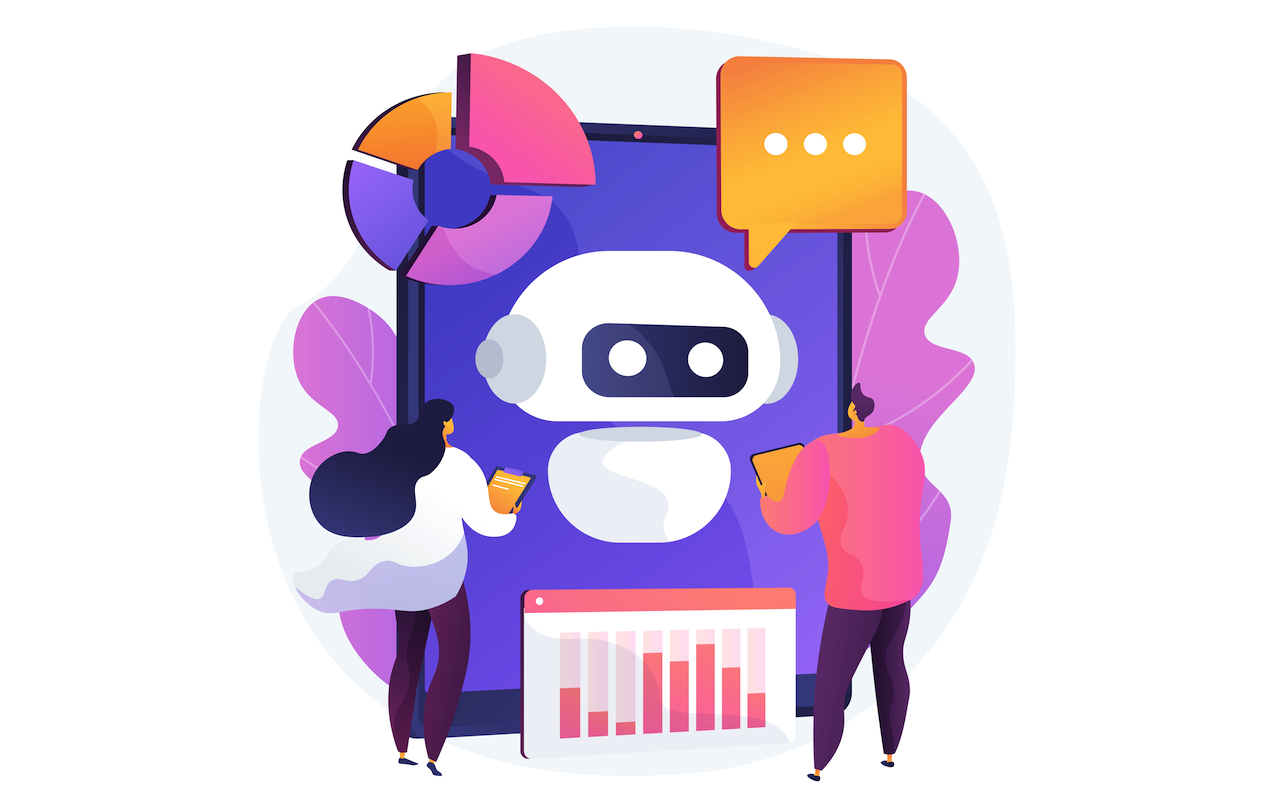
In modern business environments, teams face increasing pressure to manage information, systems, and tasks efficiently. To address these challenges, many organizations are adopting AI agents, automated systems designed to perform routine digital work and reduce the time employees spend on repetitive processes. Companies such as Zentegrio develop these AI agents to help businesses automate repetitive workflows and integrate digital assistants into existing operations.
These tools are intended to streamline operations and minimize manual effort. Each implementation can be configured to align with an organization’s existing workflows, allowing technology to integrate without disrupting established processes.
What Is an AI Agent
An AI agent is a digital system that interprets data, executes defined actions, and makes limited decisions autonomously. It can read messages, process structured or unstructured information, and initiate the next step in a workflow without direct human input.
AI agents can track orders, fill out reports, send quick replies, and move data between systems. They are built to improve efficiency and reduce human error, helping teams focus on strategic or creative work instead of routine administrative tasks.
How AI Agents Fit into Business Operations
AI agents are used in a wide range of industries. In logistics, they manage shipment updates; in e-commerce, they monitor stock and check orders; and in insurance, they gather customer data and process claims.
The benefits of AI in business often appear quickly—first in smaller ways such as faster responses and cleaner records, and later through improved customer satisfaction and smoother teamwork. By automating repetitive steps, these tools help employees concentrate on higher-value activities.
Using AI Chatbots and Agents Together
Businesses often pair AI chatbots with background automation agents. Chatbots interact directly with users—]greeting visitors, answering questions, or collecting information—while the agents handle the next steps, such as updating profiles, booking appointments, or sending confirmations.
This combination improves efficiency on both sides. Customers receive timely responses and employees spend less time handling routine requests.
Where Companies See the Biggest Gains
In customer support, AI-driven service agents assist by answering common questions, retrieving information, and routing complex issues to human staff. This helps reduce wait times and prevent lost communication across channels.
Sales teams benefit as well—AI agents handle follow-ups, send reminders, and track engagement metrics. Internally, departments such as HR and operations use them to manage approvals and routine queries, improving consistency and reducing bottlenecks across organizations.
How AI Agents Are Built
Developing an AI agent typically begins with identifying the tasks that slow down workflows. Designers then map out the processes that can be automated safely and effectively. Each agent is trained on relevant examples and integrated into the company’s systems so it can interact naturally with employees and customers.
Once deployed, these agents continue to learn from real interactions, improving gradually over time without requiring major overhauls.
Why Businesses Adopt AI Agents
Organizations across industries are adopting AI agents to reduce repetitive work and improve overall productivity. These systems complement human teams by handling routine operations, allowing people to focus on areas that require judgment, creativity, and interpersonal skills.
The combination of conversational tools and process automation provides a foundation for steady operational improvement. The goal is not to replace human work but to create a balanced workflow where technology manages the repetitive parts and people handle the rest.
Conclusion
AI agents are becoming an integral part of business operations. They help companies automate routine processes, enhance accuracy, and create more efficient workflows. As the technology evolves, these systems will continue to support teams by handling background tasks quietly and reliably, allowing people to concentrate on innovation, strategy, and growth. Companies such as Zentegrio develop these types of AI solutions, focusing on integrating automation into everyday business functions.
Featured Image by Freepik.
Share this post
Leave a comment
All comments are moderated. Spammy and bot submitted comments are deleted. Please submit the comments that are helpful to others, and we'll approve your comments. A comment that includes outbound link will only be approved if the content is relevant to the topic, and has some value to our readers.

Comments (0)
No comment